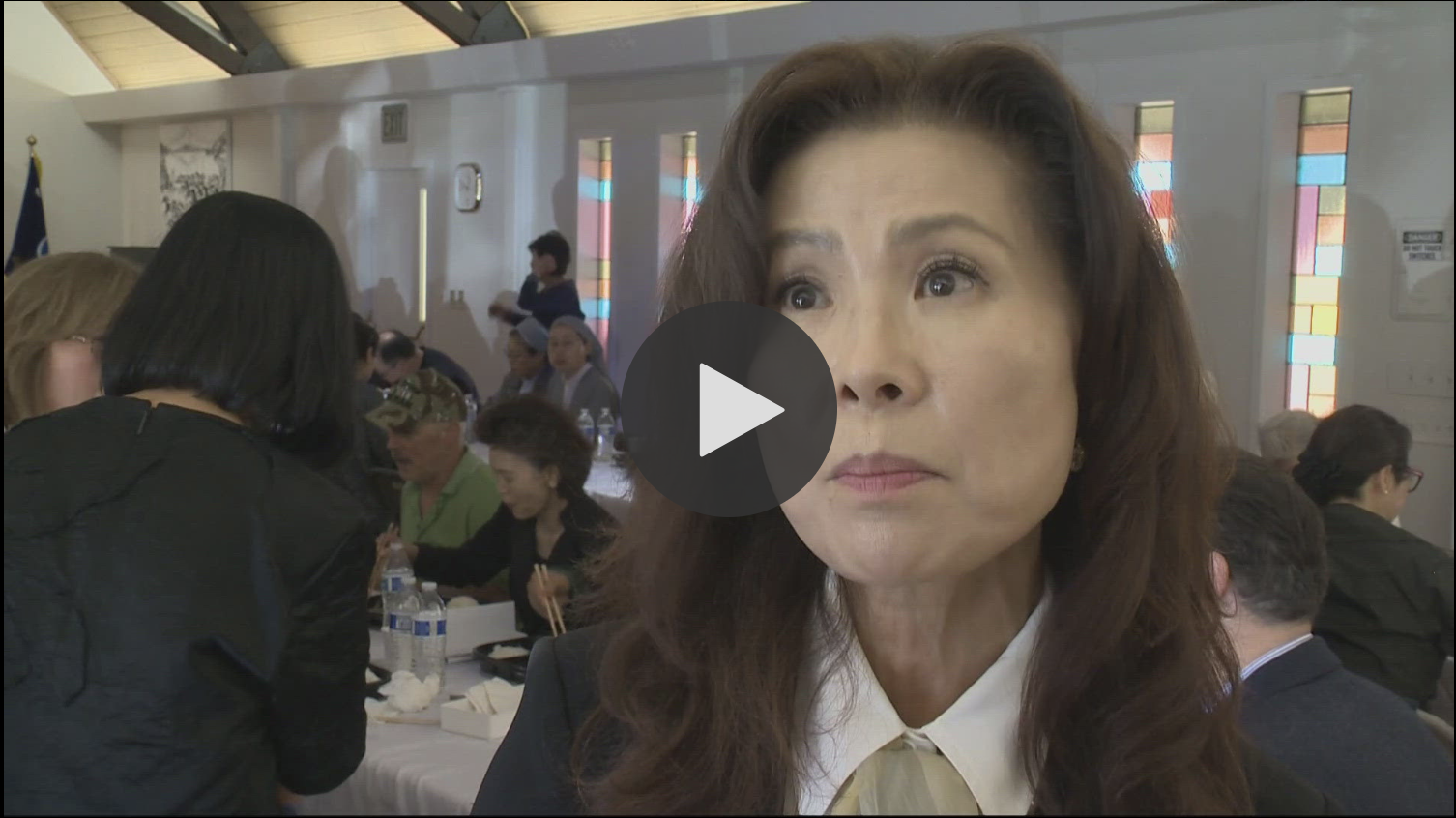Community Gathers After Hate Incident
BEAVERTON, Ore. — Dozens of community members and leaders came together Tuesday for a town hall meeting in response to racist graffiti that defaced a Korean church in southwest Portland last May. The gathering, hosted by the Korean Society of Oregon, brought forward a unified call for accountability, safety, and solidarity.
Those in attendance included church members, local business owners, students, and civic leaders. Panelists featured Beaverton Mayor Lacey Beaty, City Councilman Dr. Edward Kimmi, Washington County District Attorney Kevin Barton, Congresswoman Andrea Salinas, Sheriff Caprice Massey, and Police Chief Stacy Jepson. Each emphasized the importance of addressing hate crimes head-on and supporting victims who come forward.
“It Says KKK”
For many in the community, the vandalism was a painful reminder of the persistence of hate-based crimes. Francesca Kim, president of the Korean Society of Oregon, recalled asking the church pastor what the graffiti said. The answer was chilling: “It says KKK.”
Also Read
The church was targeted twice, heightening fear and frustration among congregants. The town hall, Kim said, was meant to create space for dialogue and solutions.
Accountability and Justice
Audience members pressed local leaders on what is being done to hold perpetrators accountable. One resident asked about strengthening penalties for repeat offenders.
District Attorney Kevin Barton responded that his office is committed to ensuring meaningful consequences. “We’re working hard to make sure the punishments do fit the crime and that we have the tools necessary to take people who have committed the crime and hold them accountable,” he said. Barton also noted that restorative justice is a central part of his office’s approach—helping offenders understand the harm they cause and repairing damage to the community.
Leadership Voices Support
Mayor Lacey Beaty credited the church pastor for publicly denouncing the hate crime, which helped spark broader community conversations. “We’re here today only because of the bravery of the pastor of the church to say what happened to us is not okay,” she said. “All of you are in this room right now because the pastor said, ‘Not here.’”
Police Chief Stacy Jepson urged attendees to report incidents of bias or hate, even if they seem minor. “These discussions are so important to get everyone to understand the importance of calling and reporting,” Jepson said. “It may not fit the crime, but at least we’re reporting what the behavior is and we can take a peek at it.”
Overcoming Fear to Report
Despite these assurances, many acknowledged that fear—particularly among older immigrants—remains a significant barrier to reporting crimes. Kim noted that hesitation often prevents victims from coming forward.
“But today, I even learned a lot,” she said. “We need to report as much as we can so they understand and they know what’s going on, and so they can support us better.”
Leaders agreed that without community reporting, law enforcement lacks critical data to track patterns and prevent future hate incidents.
Building a Safer Future
The town hall closed with a shared commitment: to create a safer, more inclusive Oregon where hate crimes are met with accountability and resilience. Community members called for increased education, stronger support for victims, and continued dialogue between local leaders and residents.
Oregon residents who experience or witness bias incidents are encouraged to use the state’s bias crimes non-emergency response hotline at 1-844-924-BIAS (2427) or file a report online.












